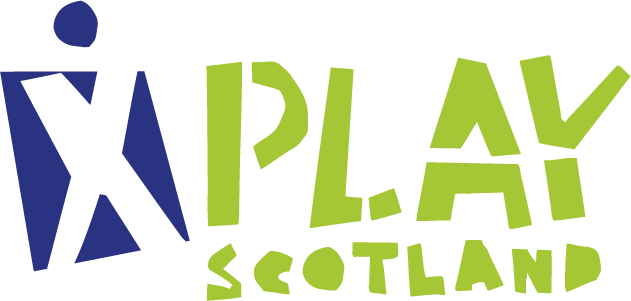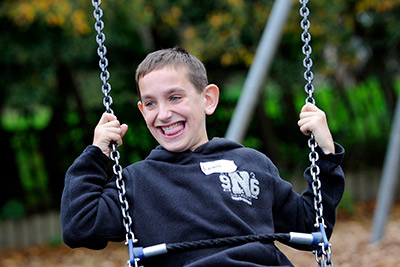“Play is a very misused adult word. To a child it is a way of life. To an adult it often means unimportant recreational things we do when we are not working”
Jean-Jaques Rousseau
Play is the way children interact with the world.
Play is the universal language of childhood. It is through play that children understand each other and make sense of the world around them.
It is a process of observing, testing, trying, imitating, and enjoying the environment they are in and people they are with.
Play is what children naturally do when given freedom, time, and space.
Play is “what children and young people do when they follow their own ideas, in their own way and for their own reasons”. (Getting Serious About Play, DCMS)
Susan Isaacs stated that play encompasses children’s behaviour which is:
- Freely chosen
- Personally directed
- Intrinsically motivated
Play is when children act for no “external goal or reward”. They are following their own whims, interests and desires.
As one child quoted when asked about play they responded:
“it’s what I do when everyone else has stopped telling me what to do”
The key elements of play are that it is:
- Fun
- Uncertain
- Challenging
- Flexible
- Non-productive
Play is freedom, time, and space!





